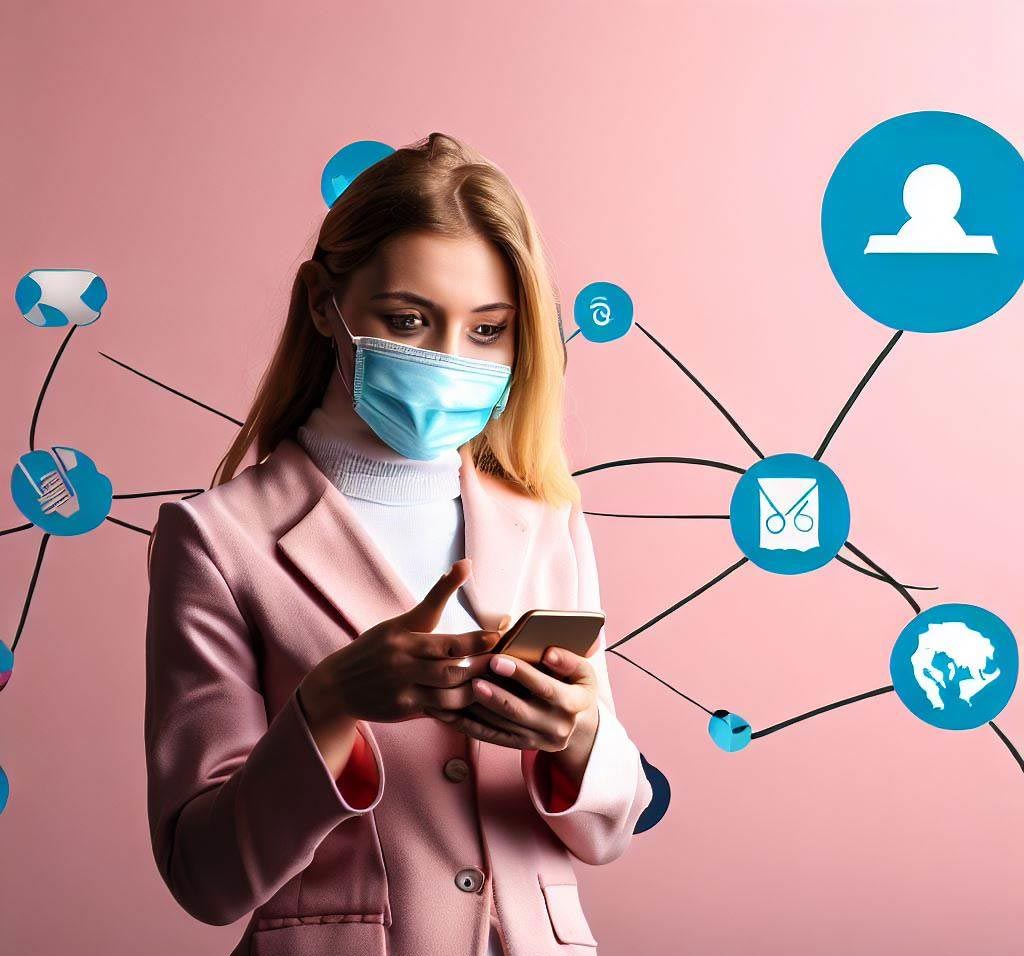
The Impact of Social Media Culture on Self-Esteem
Introduction
In the rapidly evolving digital landscape, social media has emerged as a pivotal part of our daily lives. It has undeniably influenced our self-perception and self-worth, acting as a double-edged sword that can enhance or diminish our self-esteem. The purpose of this research is to delve deeper into this phenomena, providing an in-depth analysis of how social media culture influences self-esteem and providing practical strategies to navigate these potential pitfalls.
Defining Self-Esteem and Social Media Culture
To begin, it's crucial to understand the fundamental concepts of our discussion: self-esteem and social media culture.
Self-esteem refers to the subjective evaluation of oneself, essentially how one values themselves. It influences our choices and interactions, and can significantly impact our mental health.
On the other hand, social media culture encapsulates the behaviors, attitudes, and norms associated with the use of social networking platforms. It is characterized by connectivity, instant communication, and the sharing of personal experiences and perspectives.
The Prevalence of Social Media Usage
The proliferation of social media usage cannot be understated. As of 2023, nearly 4.5 billion people are active social media users, spending an average of 2 hours and 25 minutes per day on various platforms. The majority of these users fall into the category of teenagers and young adults, rendering them a particularly vulnerable group due to their ongoing developmental stages.
The Effects of Social Media on Self-Esteem: The Studies and Statistics
A growing body of research indicates a strong relationship between social media usage and self-worth. A recent study found that excessive social media use was linked to lower self-esteem, especially among teenagers and young adults. This is partly due to the fact that social media often encourages comparisons with others, leading to feelings of inadequacy and lower self-esteem.
However, the influence of social media on self-esteem is not uniform across all demographic groups. It varies according to age, gender, socio-economic status, and individual personality traits. For instance, women and girls have been found to be more negatively affected by social media compared to men and boys, largely due to societal pressures around appearance.
The Dual Impact of Social Media on Self-Esteem
The Positive Impact
While the negative implications often overshadow the discourse, it's essential to acknowledge the positive impacts of social media on self-esteem:
- Community Building: Social media can foster a sense of community, which can be especially beneficial for individuals who feel marginalized in their offline lives.
- Self-Expression: Social networking platforms offer a space for individuals to express their thoughts, feelings, and experiences, contributing to a positive sense of self.
- Learning and Growth: The vast amount of information available can promote learning, personal development, and consequently, self-worth.
The Negative Impact
However, these positive aspects can be eclipsed by the potential negative impacts, which include:
- Unhealthy Comparisons: Social media platforms often trigger comparisons with others' lives, leading to feelings of inadequacy or low self-esteem.
- Cyberbullying: Online bullying is a severe issue that can significantly damage self-esteem and overall psychological health.
- Fear of Missing Out (FOMO): Seeing others' experiences can invoke feelings of exclusion and decrease self-worth.
The Role of Cyberbullying in Self-Esteem Issues
Cyberbullying is an unfortunate byproduct of social media culture. It has a damaging effect on an individual's self-esteem, sometimes leading to serious mental health issues. Victims often feel helpless, isolated, and demeaned, which can lead to decreased self-worth. Several high-profile cases have highlighted the tragic consequences of unchecked cyberbullying, prompting calls for stronger regulations and increased awareness.
Strategies to Mitigate the Negative Impacts of Social Media
Given the potential negative effects, strategies are needed to mitigate the damage to self-esteem caused by social media:
- Digital Detox: Regular breaks from social media can prevent overexposure and reduce feelings of inadequacy and anxiety.
- Mental Health Apps: Numerous apps provide resources to promote mental health, including meditation guides, affirmations, and therapy options.
- Education and Awareness: Educating young people about the realities behind the idealized images on social media can reduce unhealthy comparisons.
- Reporting and Blocking Tools: Encouraging the use of these tools can protect users from cyberbullying.
Future Trends and Implications
As the digital culture continues to evolve, understanding its impact on self-esteem becomes increasingly crucial. Future trends predict an even greater integration of social media into our lives, which could exacerbate its negative effects if not properly managed. Therefore, continuing research and education on this issue are essential.
In conclusion, while social media provides a powerful platform for self-expression and community building, it also harbors potential threats to self-esteem, especially among vulnerable demographic groups. It is essential for all stakeholders, from users to mental health professionals and policy makers, to understand these dynamics in order to create a healthier digital culture for all. The key is to harness the benefits while mitigating the risks, promoting a social media environment that uplifts rather than undermines our self-esteem.
Technology




